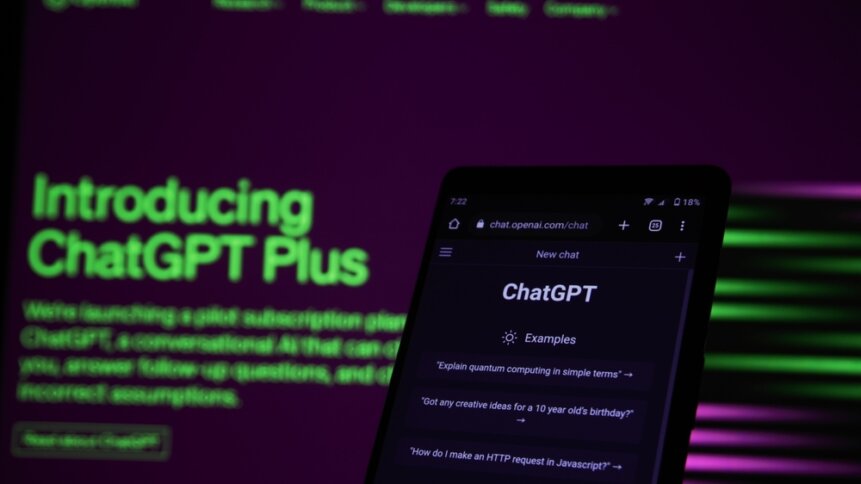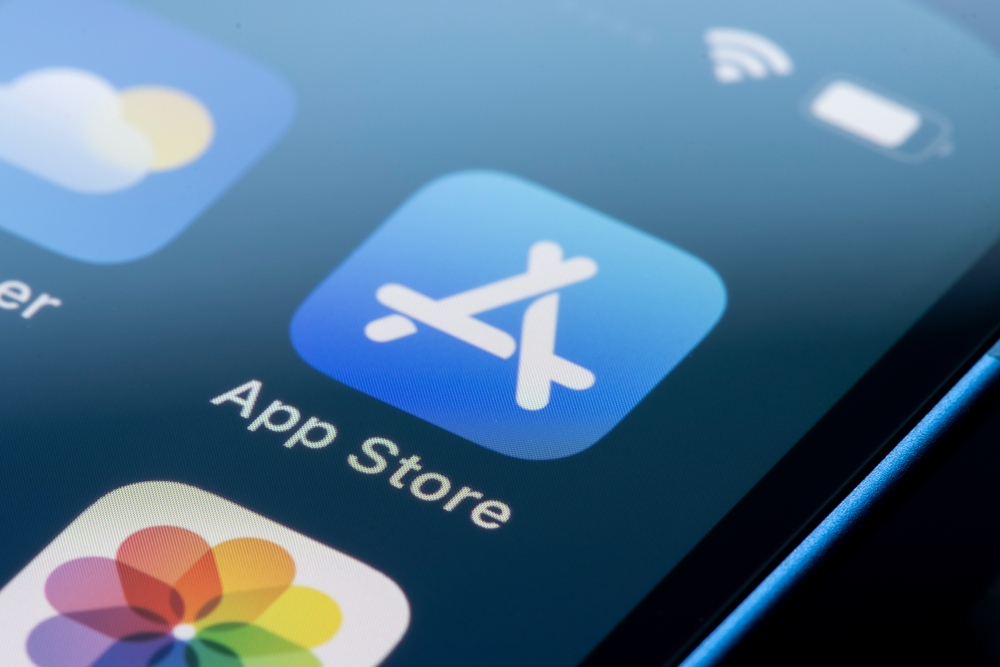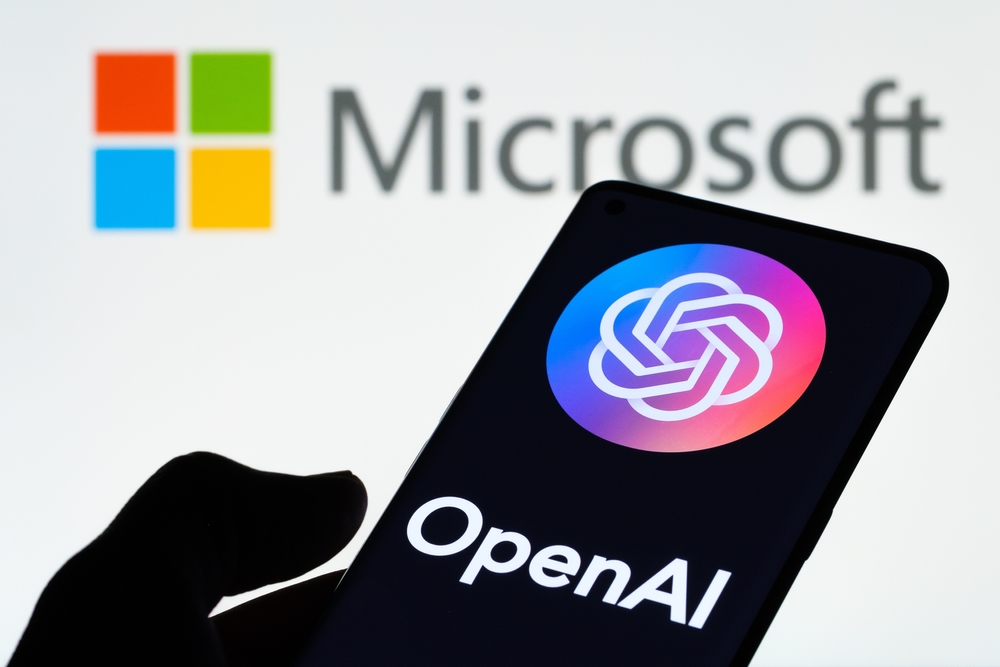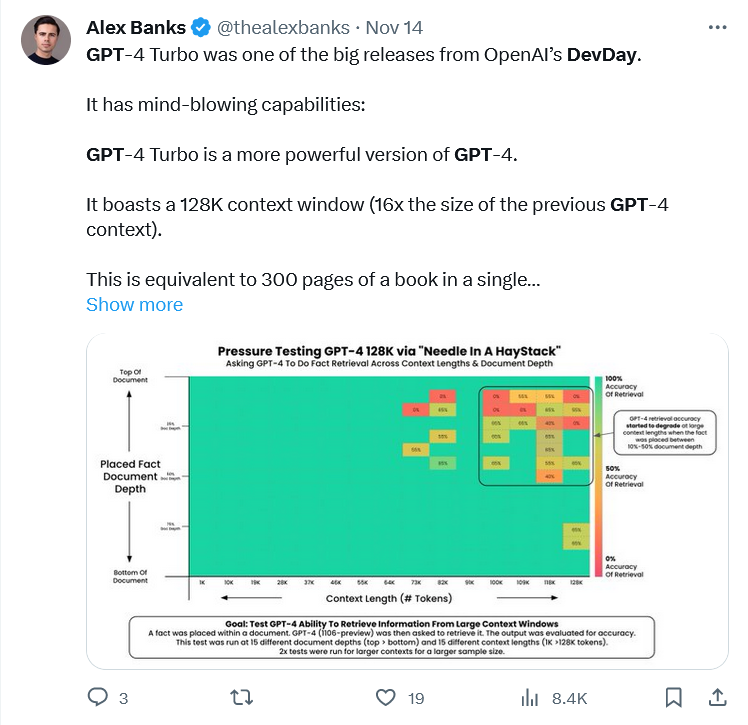
• OpenAI GPT has new updates for businesses.
• OpenAI is introducing variants of GPT that can be individually trained.
• OpenAI and Microsoft are partnering on these new developments.
READ NEXT

ChatGPT-themed scams on the rise
A new bag of tricks has been opened up by OpenAI as the company announces new updates that will affect all users. Now, it is possible to produce a personalized version of the ChatGPT AI chatbot, which can also be shared with others.
These “GPT” personal chatbots were announced on Monday, November 6th at an OpenAI Developer event in San Francisco. At the “DevDay” event, OpenAI CEO Sam Altman created a bot that provided startup advice in only a few minutes, echoing Mr Altman’s earlier role as head of Y Combinator, an organization that funded early-stage startups.
Natural language conversations are responsible for the creation of these GPTs. For instance, they can be used to design logos and stickers, or be used to teach certain subjects to children.
OpenAI store to pay creators
It has also been announced that OpenAI will launch a store later this month. Here, users can upload a customized GPT for personal or professional use. The most-used GPTs will then receive a portion of OpenAI’s revenue; another indication of how the company is striving to democratize and create a product ecosystem. The store will feature a system that will inspect GPTs for compliance with OpenAI’s user policies.

Coming practically immediately – an OpenAI GPT Store.
OpenAI released a statement saying, “Starting today, you can create GPTs and share them publicly. Later this month, we’re launching the GPT Store, featuring creations by verified builders. Once in the store, GPTs become searchable and may climb the leaderboards. We will also spotlight the most useful and delightful GPTs we come across in categories like productivity, education, and ‘just for fun.’ In the coming months, you’ll also be able to earn money based on how many people are using your GPT.”
The emergence of this GPT Store marks the arrival of a potentially transformative marketplace, offering a future where creativity aligns with monetization.
It seems OpenAI is taking a leaf out of Apple’s book. Apple launched its own App Store one year after the release of the iPhone in 2007. Now, OpenAI is launching a store one year after the release of ChatGPT. The aim? To expand the ecosystem and access to AI tools and services. What will be challenging is ensuring that all GPTs released on the store have rigorous data sourcing policies to ensure that, for instance, GPTs on the store can all be trusted to comply with regulations and deliver authentic results within the needs of the buying community.
It’s somewhat hard to believe that OpenAI’s ChatGPT was only launched in November 2022. In under a year, the AI organization has revolutionized the industry, showcasing the possibilities associated with sophisticated types of generative AI, and large language models.
Major updates for ChatGPT Plus
These new changes are initially being rolled out to Enterprise and ChatGPT Plus users. OpenAI plans to release it to a wider audience in the as-yet unspecified “near future.”
ChatGPT-4 comes with a bouquet of extras for ChatGPT Plus, but now, most of these have been combined into OpenAI’s most robust model yet. Until now, users have had to select each feature from a drop-down list, but this streamlined approach makes everything simpler to access.
When Plus subscribers select GPT-4, they can now access their Advanced Data Analysis, as well as DALL-E 3’s image generation.
ChatGPT-4 is still unable to use plugins, though. This is because there might be conflicts with the newly integrated capabilities of GPT-4, due to the variation of plugins available.
ChatGPT-Turbo
Another notable announcement at OpenAI’s DevDay conference was the unveiling of a new AI model dubbed “GPT-4 Turbo.” This model has updated information and knowledge, when compared to ChatGPT-4. Turbo has information dating to April 2023, rather than September 2021. Moreover, Turbo users are able to insert over 300 pages of text with just one prompt, thanks to a 128k context window.
According to OpenAI, “GPT-4 Turbo is available for all paying developers to try by passing gpt-4-1106-preview in the API, and we plan to release the stable production-ready model in the coming weeks.”
It was also reported that prices are to be cut across various OpenAI models, in an aim to stay ahead of the competition, such as Google’s Anthropic, and Elon Musk’s chatbots. GPT-4, for instance, is set to be three times cheaper than GPT-4.
Microsoft and OpenAI – a thriving partnership
There is little doubt that generative AI is and will continue to be profitable. This is evident as over 92% of Fortune 500 companies now utilize ChatGPT, a rise of 12% from August this year. This indicates a growing inclination to invest in generative AI.
Microsoft is a major investor in OpenAI, and has partnered closely with the company since 2019. The multinational technology corporation powers Azure OpenAI, a popular service used for its cloud platform. This contributes to Microsoft’s productivity applications and AI searches.
This tight bond between the two companies was evident at the conference, with Microsoft CEO Satya Nadella appearing briefly to say, “we love you guys.” Afterwards, Sam Altman said, “I think we have the best partnership in tech, and we’re excited to build AGI together.”
While events since the conference, including the removal of Altman from his OpenAI position and his taking a role in a “new advanced AI team” at Microsoft, would seem to give the lie to the “best partnership in tech” line, it’s clear that there’s a close continuing relationship between OpenAI and Microsoft.

OpenAI and Microsoft – still the best of partners?
According to Mr Nadella, the initial objective for the “partners” is to leverage systems like Azure’s cloud computing platform and supercomputers. This can then help OpenAI develop superior AI models. With such a powerful partnership, expect seismic leaps in the fields of artificial general intelligence over the next few years.
The journey of GPTs and assistants is only just beginning, according to Sam Altman. “Over time, GPTs and assistants are precursors to agents [that] are going to do much more. They’ll gradually be able to plan and perform more complex actions on your behalf.”
Considering ChatGPT now reaches an estimated 100 million weekly users, it is no surprise OpenAI has made these changes to bolster its overall user experience.
Security concerns arise with recent GPT updates
The new OpenAI GPT updates, like the Code Interpreter, have raised security concerns within OpenAI’s popular AI due to critical flaws in its file-upload feature. Research has highlighted vulnerabilities that let malicious websites prompt code execution.

OpenAI GPT updates in a nutshell.
Despite requiring specific user actions, such as pasting a malicious URL, the risk persists. It has been found that ChatGPT has the ability to unwittingly send data to external servers. This flaw is certainly alarming as ChatGPT, capable of executing commands and handling Linux-based files, should ideally avoid executing external instructions.
This loophole presents a significant security risk, but OpenAI has not commented on this matter yet. Therefore, a cloud hangs over the recent highlights of GPT personal chatbots and GPT-Turbo, with concerns about the AI’s vulnerability still unaddressed.










